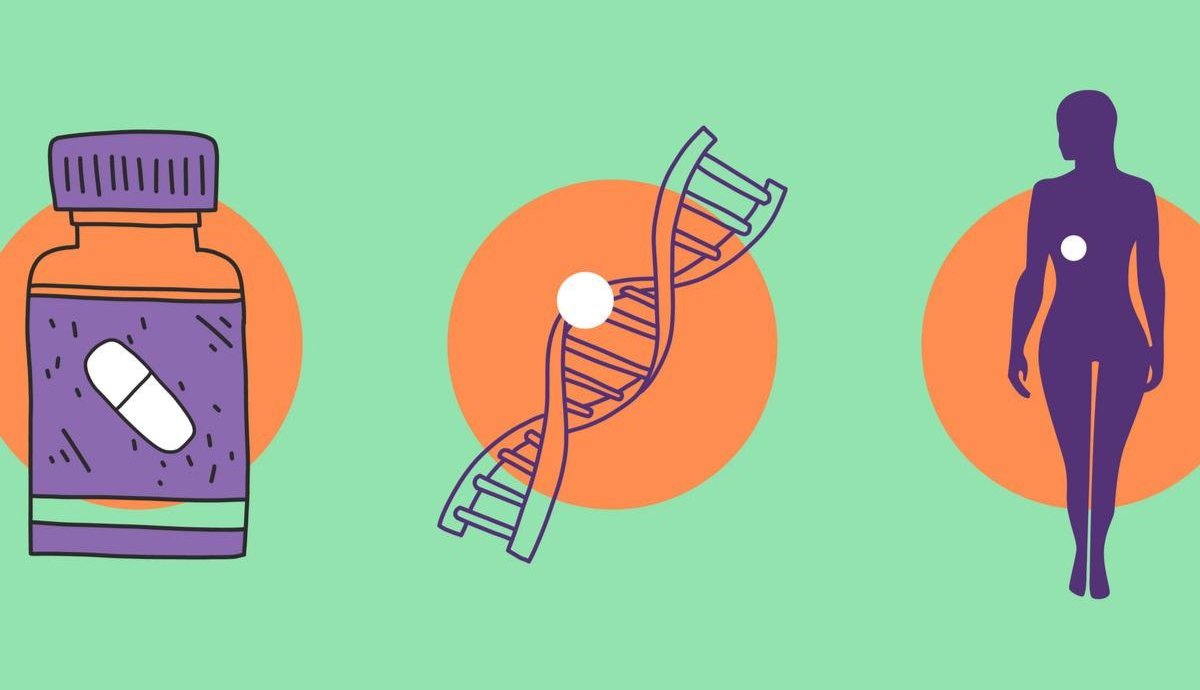The Rise of Personalized Healthcare
By Dr. Jessica Wu
Residen
The past year has seen a sharp increase in the number of patients who received “personalized healthcare,” or specifically tailored medical care based on their genetics, age, lifestyle and individual risk factors—the opposite of the universal style of medicine.
According to many experts, personalized healthcare is the biggest revolution in healthcare in a long time. Designed to address the medical needs of each patient, the goal is to focus on a variety of factors to determine the best care for that person.
To offer personalized healthcare, we first need to learn a patient’s genetic makeup, then daily behaviors and lifestyle regimens, such as exercise habits, diet, stress level, if he/she smokes, etc. Finally, we factor in the environment of the patient—as all those influences impact a person’s overall health.
The more advanced and in-depth the knowledge, the more tailored we can be with a patient’s care. With AI and machine-learning algorithms, we can be more exact with predicting how particular drugs will affect patients—and with any side effects. Patients won’t need “trial and error” with medicines. Pharmacogenomics testing of blood, urine or saliva samples will determine how drugs will respond to patients’ DNA according to their genes, so we can prescribe the most effective and safe drugs and dosages.
DNA can also reveal predispositions to diseases, so we don’t need to rely on patient-supplied family information, which is often incorrect or forgotten. The best kind of treatment is preventative care. Proactive management can ensure any predisposition remains that way—and doesn’t worsen into an actual condition. And that means fewer long-run costs.
This personalized approach requires spending meaningful time with patients, so you can really get to know them and their medical history. Independent practice allows you to build these collaborative relationships, as you control your own schedule and aren’t required to see a certain number per hour. With Residen, you can do just that—have an autonomous practice and really know your patients, so you can provide the best care possible.

